 sales@loadcellsensor.com
sales@loadcellsensor.com

Understanding the Benefits of Through Hole Load Cell for Accurate Measurements
Accurate measurements are crucial in various applications, from industrial processes to laboratory experiments, and selecting the right measurement tool can significantly impact the reliability of data collected. Among the myriad of measurement instruments available, the Through Hole Load Cell stands out due to its unique design and functionalities. This type of load cell is specifically engineered to provide precise force measurements while allowing for easy integration into existing systems. Its innovative through-hole design not only facilitates unmatched accuracy but also simplifies installation, making it an ideal choice for engineers and technicians alike.
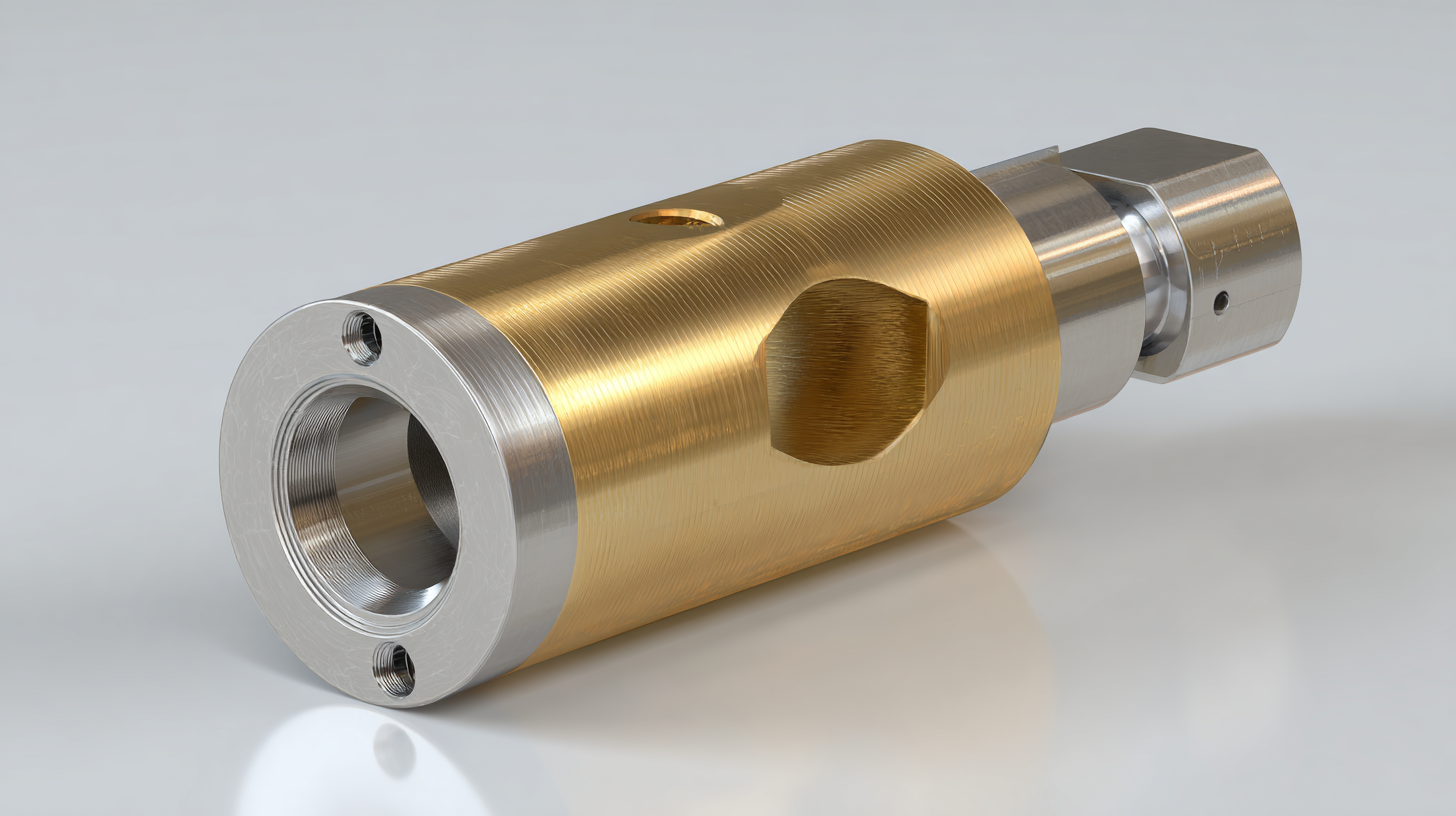
In this article, we will delve into the benefits of using Through Hole Load Cells, exploring why they are increasingly favored in settings that demand both accuracy and efficiency. From understanding their operational principles to assessing their practical applications, this comprehensive guide aims to equip readers with valuable insights for leveraging Through Hole Load Cells to enhance measurement quality.
Importance of Accurate Measurements in Various Industries
Accurate measurements play a crucial role across various industries, from manufacturing to healthcare. In sectors such as aerospace and automotive, precision is necessary to ensure safety and performance standards are met. Anomalies in measurements can lead to catastrophic failures, which underscores the importance of utilizing advanced technologies, like through hole load cells, to achieve reliable data. The integration of such sensors can significantly enhance measurement accuracy, thus fostering a more effective quality control process.
Moreover, in fields like food and pharmaceuticals, accurate measurements are vital for compliance with safety regulations and maintaining product integrity. The demand for precise measurement instruments continues to rise, pushing industries to adopt innovative solutions that can deliver consistent results. This trend is reflected in the growing market for various types of measurement devices, including ultrasonic flow meters and different sensor technologies. As industries increasingly recognize the value of accurate measurements, investment in high-quality measurement tools becomes imperative, driving technological advancements and fostering improvements in operational efficiency.
Understanding the Benefits of Through Hole Load Cell for Accurate Measurements
This chart illustrates the percentage improvement in measurement accuracy across various industries due to the use of through hole load cells. Accurate measurements are crucial for operational efficiency and safety in sectors such as automotive, manufacturing, aerospace, healthcare, and construction.
Key Features of Through Hole Load Cells for Precision
Through hole load cells are designed to provide high-accuracy measurements in various industrial applications. One key feature of these load cells is their ability to minimize errors associated with off-axis loading. According to a report by the International Society for Measurement and Control, through hole load cells exhibit a loading accuracy of up to ±0.01% of full scale, making them an ideal choice for precise force measurements in diverse environments, including manufacturing, material testing, and research laboratories.
Another important characteristic is their compact design, which allows for easy integration into existing systems without requiring significant modifications. The robustness of through hole load cells is also noteworthy; they can withstand harsh conditions like extreme temperatures and vibrations, ensuring reliable performance over time. A study by the American Society of Mechanical Engineers highlights that these load cells maintain stability even in dynamic applications, with strain gauge technology capable of providing real-time feedback with very low drift. This combination of precision and durability underscores the advantages of using through hole load cells for accurate measurements in demanding industrial settings.
Advantages of Using Through Hole Load Cells Over Other Types
Through hole load cells offer several unique advantages over other types of load cells, making them an exceptional choice for precise measurements in various applications. One significant benefit is their compact design, which allows for easy integration into tight spaces without compromising measurement accuracy. This design flexibility is particularly valuable in automated systems where space is at a premium. Additionally, through hole load cells can effectively support axial loads, making them ideal for use in weighing applications where traditional load cells may struggle.
Another advantage of through hole load cells is their robustness and durability. Constructed from high-quality materials, they are often more resilient to environmental factors such as temperature fluctuations, moisture, and dust. This resilience ensures consistent performance even in challenging conditions, thus enhancing measurement reliability. Furthermore, many through hole load cells are equipped with built-in overload protection, safeguarding against potential damage from excessive loads, which is a significant concern in high-traffic or high-stress environments.
Understanding the Benefits of Through Hole Load Cell for Accurate Measurements
| Feature | Through Hole Load Cells | Other Types of Load Cells |
|---|---|---|
| Measurement Accuracy | High accuracy up to ±0.1% | Varies, typically ±0.5% to ±1% |
| Installation Flexibility | Easy to install in confined spaces | Installation may be cumbersome |
| Load Capacity | Wide range from grams to tons | Limited range depending on the type |
| Environmental Resistance | Generally resistant to shock and vibration | May require additional dampening |
| Cost | Moderate cost with high value | Varies widely, often higher for specialized types |
Applications of Through Hole Load Cells in Real-World Scenarios
Through hole load cells are integral components in various real-world applications requiring precise weight and force measurements. One of their primary uses is in industrial weighing systems, where they are embedded in platforms or scales to provide accurate data on heavy loads. Their design allows for easy installation in confined spaces, making them ideal for use in warehouses and production lines where maximizing space is crucial. The ability to measure both tensile and compressive forces further enhances their versatility, allowing for integration into various mechanical systems.
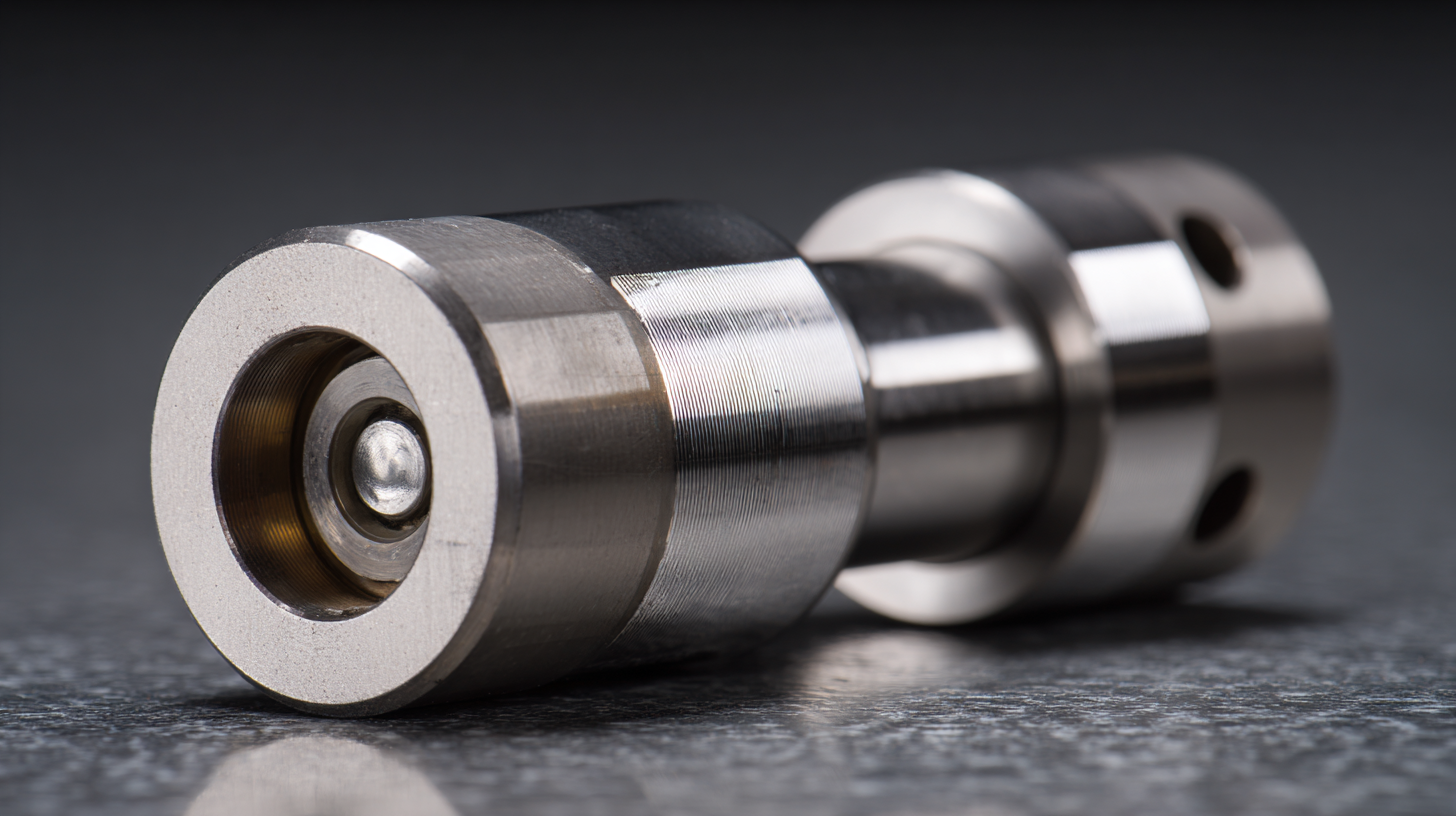
In the field of construction, through hole load cells play a vital role in monitoring the weight of materials, ensuring structural integrity during the building process. They are also used in research and development, particularly in laboratories where scientists need precise measurements for experimental setups. The reliable performance of these load cells under dynamic loading conditions makes them essential for safety-critical applications, such as in cranes and lifting devices. Overall, through hole load cells are indispensable in industries that prioritize accuracy and safety, contributing significantly to operational efficiency.
Factors to Consider When Choosing a Through Hole Load Cell
When choosing a through hole load cell for accurate measurements, several critical factors must be considered to ensure optimal performance. The capacity and range of the load cell are paramount; it should accommodate the maximum expected load while providing precision in the lower ranges. According to a report from Sensor Technology Trends 2023, load cells with a tighter accuracy specification can significantly improve measurement reliability under varying conditions, with deviations of less than 0.1% being ideal for industrial applications.
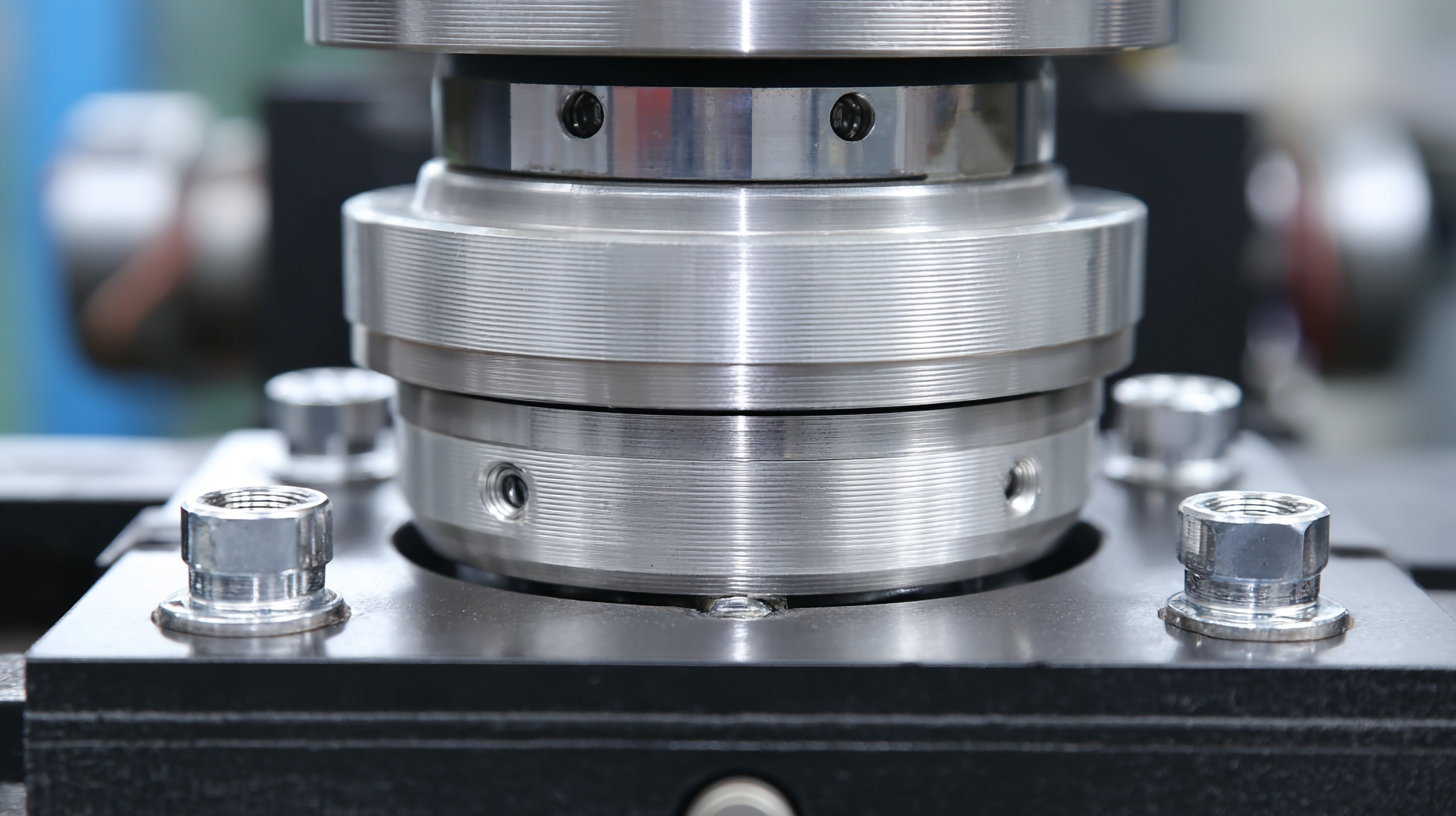
Another factor is the material used in the load cell construction. Load cells made from high-strength aluminum or stainless steel tend to offer better durability and resistance to environmental factors. As highlighted in the 2023 Load Cell Industry Report, 85% of manufacturers reported that material quality significantly affects the lifespan and consistent performance of load cells in harsh environments.
Tips: Always consider your application needs first. Look for load cells with a robust calibration option, as this will ensure ongoing accuracy over time. Additionally, don’t overlook the importance of input sensitivity and environmental ratings; these are essential for maintaining precision in different operational scenarios.
Related Posts
-
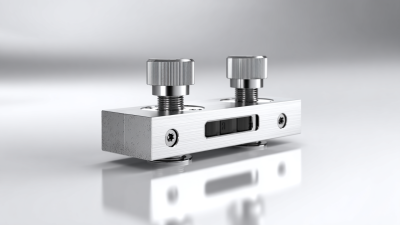
5 Essential Tips for Choosing the Right Thin Load Cell
-

Top Strategies for Selecting the Best 5kg Load Cell for Your Business Needs
-
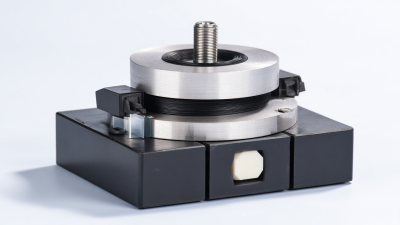
The Ultimate Guide to Sourcing High-Quality Suppliers for Best Button Type Load Cells
-
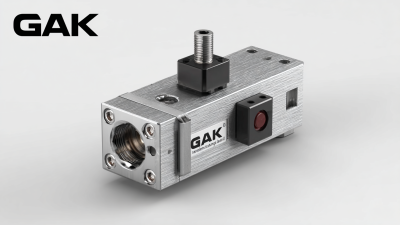
Ensuring Excellence: Global Industry Standards for the Best Single Point Load Cells
-
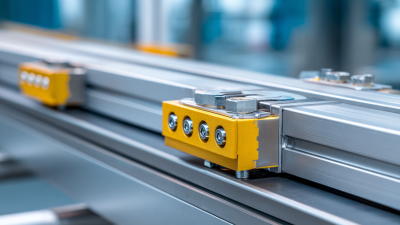
7 Key Tips to Maximize the Accuracy of Beam Type Load Cells for Optimized Performance
-
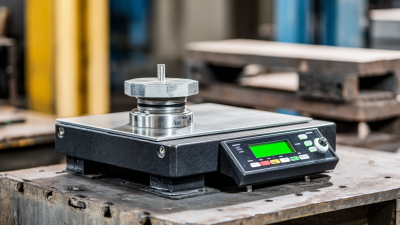
How to Choose the Best Low Profile Load Cell for Your Application

